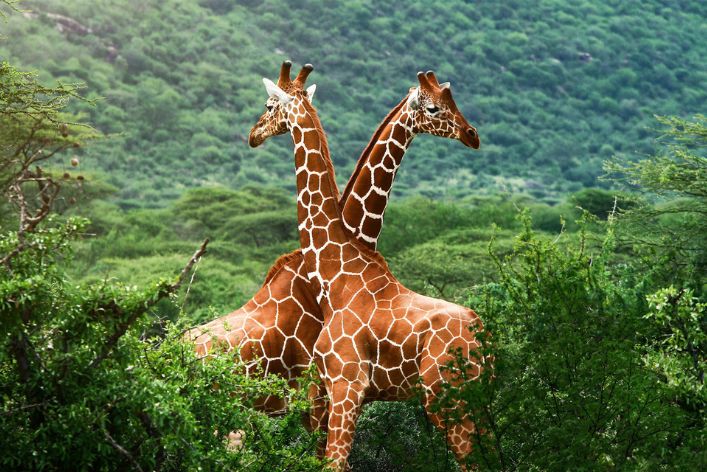Last Updated on May 15, 2023
Where did we all come from? With billions of people on the planet today, there has to be someplace it all started, right? If you’ve ever asked that question, you’re not alone. There is currently a great deal of debate surrounding whether or not Africa is the birthplace of humanity. If you believe in divinity, especially the Abrahamic religions, you probably know about the “Garden of Eden,” but where was it located? Most of the scientific pieces of evidence available are inconclusive. And that’s why there have been numerous conspiracy theorists putting forth their ideas.
However, there is one theory that is gaining traction and has some scientific backing. This theory suggests that Africa is indeed the birthplace of humanity. But how true is this? Here, we dig into the annals of time to see where we all came from. Could this be why Africa is referred to as the motherland? Let’s see.
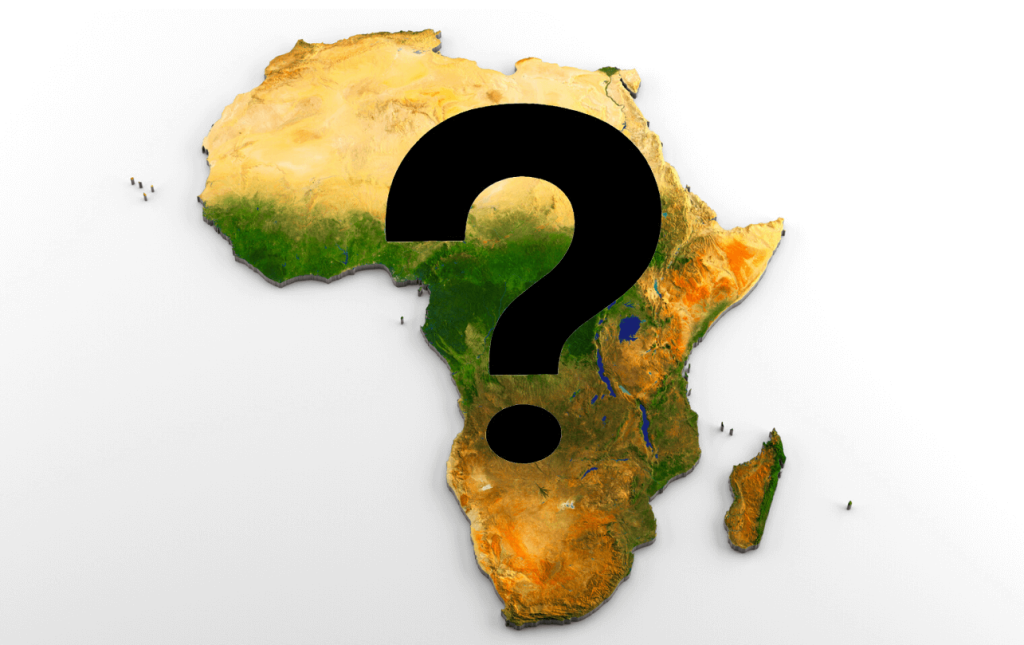
Speculations Surrounding the Birthplace of Humanity
Yes, the origins of humanity are a mystery. And for centuries, people have speculated about where we came from and how we got here. Some believe that Africa is the birthplace of humanity, while others point to other parts of the world.
Although it may be true that there is no definitive answer to this question, there is evidence that Africa is indeed the cradle of humanity. First, the Fossil records show that the first Homo Sapiens (modern humans) appeared in Africa about 200,000 years ago. Additionally, genetic studies suggest that all humans today are descended from a small group of Africans who lived around 70,000 years ago.
So, while we may not know for sure where humanity began, the shreds of evidence that exist point to Africa as the most likely place.
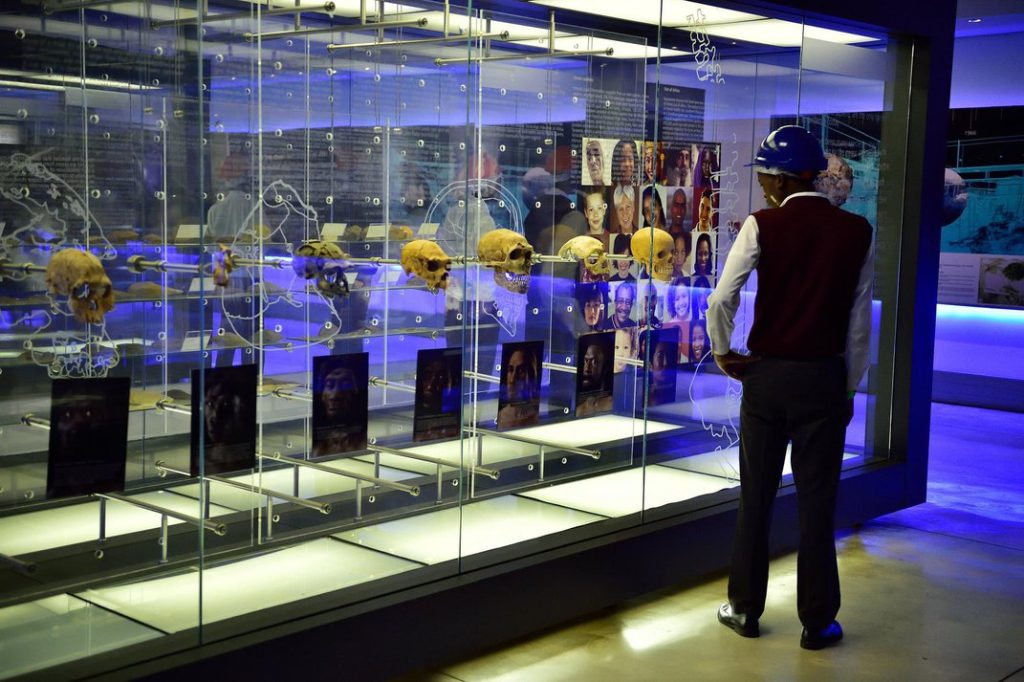
Read: 5 Facts about Africa
What Does Paleoanthropology Say?
Paleoanthropology is the study of human culture, society, and biology (human evolution). The field involves an understanding of the genetic, physical, physiological, and behavioral similarities and differences between humans and other species. Paleoanthropologists look for the physical and behavioral ancestors of modern humans. They want to understand how evolution has influenced everyone’s abilities, tendencies, and limitations. Paleoanthropology is a fascinating branch of science since it looks into the evolution of our species’ defining characteristics over millions of years, which excites many people.
The idea of human evolution, however, might be unsettling to some people because it appears to contradict religious and other conventional ideas. These include ideas about how people, other living things, and the universe came into being. Regardless, some people have managed to reconcile their ideas with the facts.
The most significant hints concerning this distant past can be found in early human fossils and archaeological relics. These remains include bones, tools, and any other traces that earlier humans may have left behind. Some of these traces are footprints, indications of hearths, or butchering markings on animal bones. The remains were typically buried and preserved organically. Then, they are discovered either by digging in the subsurface or on the surface (exposed by rain, rivers, and wind erosion).
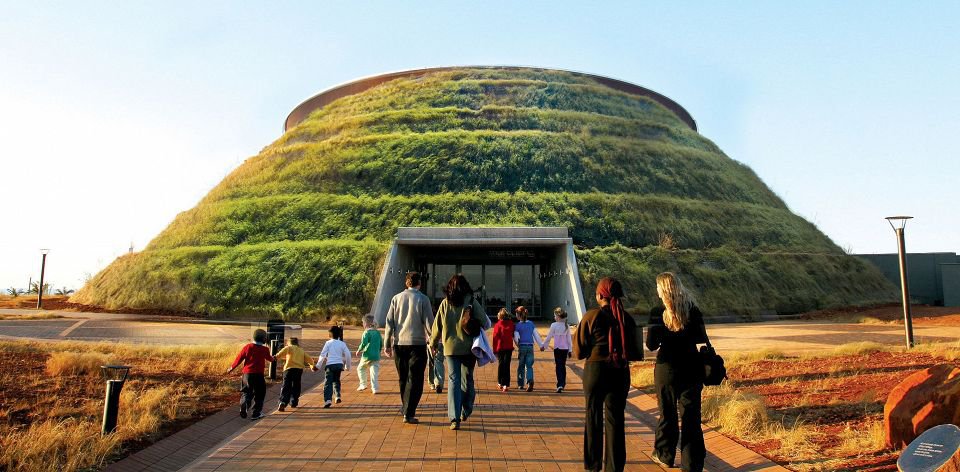
Controversial Origin Story
The human species evolved from its earliest living forebears – apes – to become Homo Sapiens. This is thought to have happened around 6 million years ago. The separation between modern humans and Neanderthals occurred between 300,000 and 600,000 years ago. And we started migrating from Africa to the rest of the world 40,000 years ago. The actual genesis of modern humans, however, is fiercely debated.
Finding the starting point from which we gradually evolved into the unusual, upright, large-brained creatures we are today would help to explain how we got to be not only the dominant animal in the world but also the only version of our species to have survived.
A team of scientists from the University of Sydney and the Garvan Institute of Medical Research in Australia, led by geneticist Vanessa Hayes, discovered an answer in 2019. The group researched modern mitochondrial DNA, historical climatic models, and linguistics (mtDNA). They matched the mtDNA in databases from more than 1,000 other Africans, predominantly from southern Africa, to DNA from 200 live individuals from various communities.
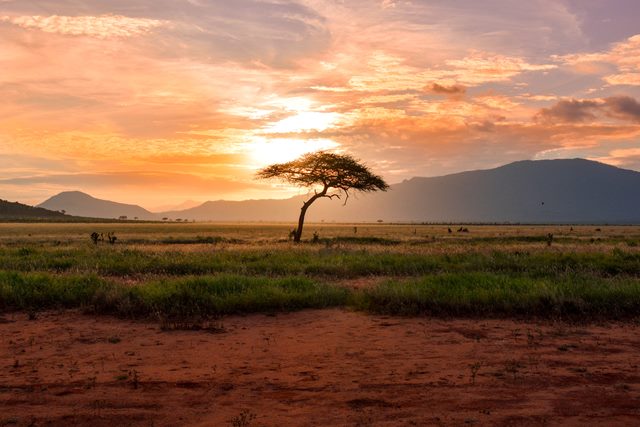
They found that speakers of Khoisan, a language spoken by foragers and hunter-gatherers in Namibia and South Africa, represent the oldest mtDNA lineage yet discovered. The investigation concluded that Southern Africans are the ancestors of all currently existing humans because this lineage is only found in living people there.
Our ancestors originated in a region of northern Botswana south of the Zambezi River. It was originally a lush, green region surrounded by vast lakes. One of life’s most persistent mysteries, “Where do we come from?” was ultimately addressed in the study. It also garnered international attention. But, the field experts have not been overly enthusiastic about its conclusion.
Read: What is Africa Famous For?
A Brief History of Evolution
Along with 180 other species, Homo Sapiens is a member of the primate family. However, this does not imply that we are descended from the current species of monkey. But rather from other extinct species. Between 4 and 7 million years ago, the evolutionary line that led to chimpanzees was thought to have split.
“Hominids (Hominidae)” include humans as well as gorillas, chimpanzees, and orangutans. And the seven extant species and four genera make up this primate family. The group of hominoids includes anthropomorphic species and humans. Hence, chimpanzees and gorillas, all humans, or the modern Homo Sapiens, are descended from African apes.
The Contradictory ‘No Single Origin’ Theory
The idea that modern humans had a single origin has been challenged by recent studies. Growing evidence of human interbreeding implies that there was a patchwork evolution across many groups and areas. It further stated that modern people evolved in a messy circle that weaved in a variety of directions rather than a distinct tree of linear progress.
Further Studies (Hybrid Species)
In 2018, it was discovered through DNA testing that a woman popularly known as Denny, who lived 90,000 years ago, was half Neanderthal and half Denisovan. She was a member of another ancient human race thought to have perished 40,000 years ago. Denny was the first discovered hybrid of two distinct ancient humans. Lately, European, Asian, and Australasian people have also been shown to possess Neanderthal DNA.
In addition, the same kind of fossils discovered in Kenya and South Africa have been found in Morrocco. Although the latter is about 100,000 years older, researchers still classify them in the same period. Throughout Africa, artifacts like beads dating to about 70,000 years ago have been discovered.
It is normal to feel that these human-made artifacts were widely distributed either by coincidence. It could have been caused by autonomous development in many groups that produced the same outcome. Or because they were spread from one group to another.
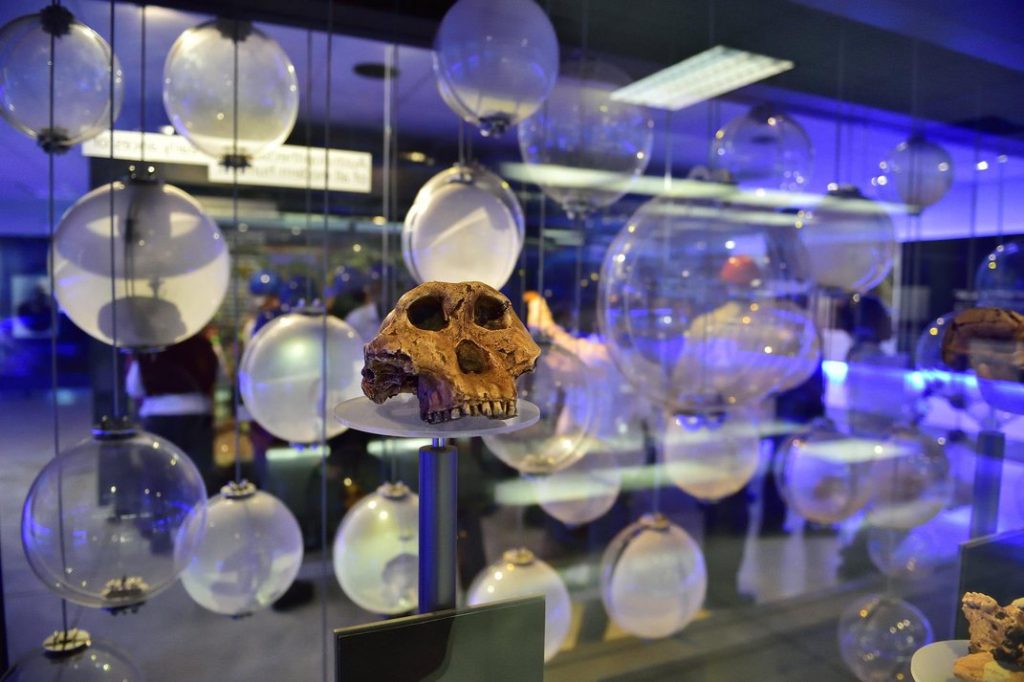
Read: How Do Green Spaces Impact Our Well-being?
A Brief History of Africa (Ancient Africa)
According to many scientists, Africa is where humanity first emerged. They confirmed modern humans were using stone tools for hunting and gathering by 100,000 BC. And they later migrated from Africa to Europe.
Also, farming had reached North Africa by the year 5,000. People raised crops and herded livestock. Interestingly, the Sahara Desert wasn’t yet a desert at that time. It was a rich and productive region. But it eventually dried up and turned into a desert.
Writing was created in Ancient Egypt around 3,200 BC. Bronze was used to make Egyptian tools and weaponry. But by the time Egyptian culture emerged, the Sahara Desert had cut off most of Africa from Egypt and other early civilizations. The lack of effective harbors in Sub-Saharan Africa made sea transport challenging.
Read More: Facts About Ancient Egyptians That European Colonialism Has Misconstrued
However, from 600 BC, the use of iron began to spread in North Africa, and farmers throughout Africa continued to utilize stone tools and weapons. By 500 AD, iron tools and weaponry had reached what is now South Africa as it had slowly migrated south.
With all these discoveries, it’s safe to assume that Africa is the birthplace of humanity.
But that’s not even all.
African Kingdoms That Point to the Birthplace of Humanity
Carthage was founded in Tunisia around 814 BC by Phoenicians who came from what is now Lebanon. Later, during their battles, Carthage was defeated in the Battle of Zama in 202 BC by the Romans. Rome conquered Carthage in 146 BC, razing the city and incorporating its lands into its own.
At the same time, Nubia and Kush’s kingdoms emerged in what is now Sudan, and Egyptian power grew along the Nile. Eastern Sudan, northern Ethiopia, and Eritrea all came under the influence of Southern Arabia. The Axumian Kingdom was a developed society by the year 50 AD. Axum had business with Rome, Arabia, and India.
Read: The 7 Most Influential African Empires
These events are strong evidence that the human race originated in Africa. Human fossils have also been found in Ethiopia, among other places in Africa. These fossils are the oldest yet discovered and date back over six million years.
Africa is also home to the world’s earliest known civilizations, including the Nile Valley civilization and the Nok civilization. These civilizations developed in Africa long before the first humans appeared in Europe or Asia.
Yes, based on the current scientific evidence, Africa is the birthplace of humanity and the cradle of mankind.
Before you go…
Hey, thank you for reading this blog to the end. I hope it was helpful. Let me tell you a little bit about Nicholas Idoko Technologies. We help businesses and companies build an online presence by developing web, mobile, desktop, and blockchain applications.
As a company, we work with your budget in developing your ideas and projects beautifully and elegantly as well as participate in the growth of your business. We do a lot of freelance work in various sectors, such as blockchain, booking, e-commerce, education, online games, voting, and payments. Our ability to provide the needed resources to help clients develop their software packages for their targeted audience on schedule is unmatched.
Be sure to contact us if you need our services! We are readily available.










